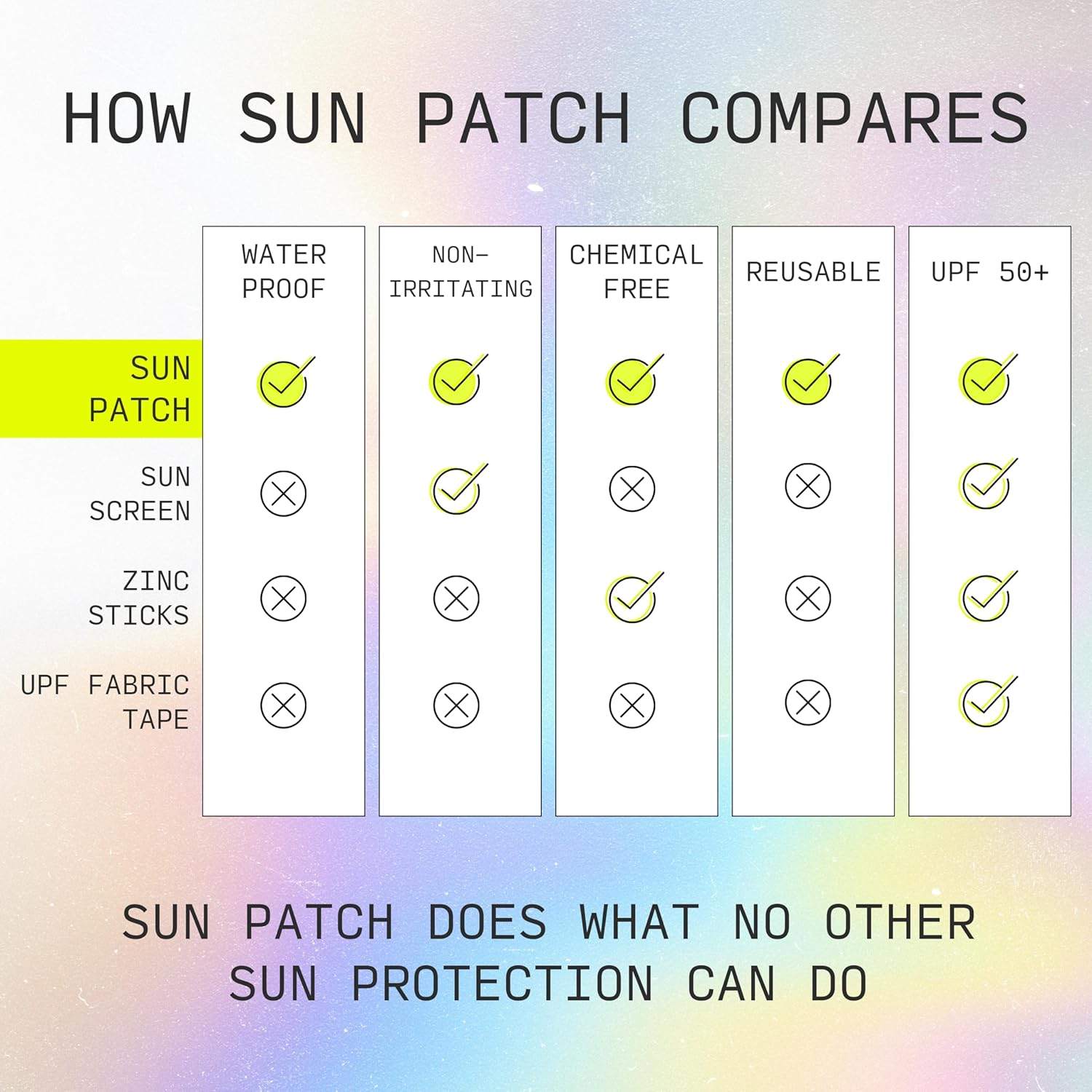








Price: $19.99 - $14.99
(as of Apr 06, 2025 05:24:57 UTC - Details)
The Best Face Sun Protection: Your Ultimate Guide to Shielding Your Skin
Introduction
When it comes to maintaining healthy skin, one of the most crucial steps is using the best face sun protection. With an increasing awareness of skin health, people are now more interested in finding effective ways to shield their faces from harmful UV rays. Whether you’re planning a beach day, heading out for a jog, or just running errands, using the right sunscreen is essential. In this article, we will delve into various aspects of sun protection for your face, including the importance of SPF, the benefits of mineral vs. chemical sunscreens, and tips for choosing the right product for your skin type. Let’s explore the world of face sun protection and find the perfect product for you!
Understanding SPF: What You Need to Know
What is SPF?
SPF, or Sun Protection Factor, is a measure of how well a sunscreen can protect your skin from UVB rays, the primary cause of sunburn. The higher the SPF, the greater the protection. However, it’s essential to note that no sunscreen can block 100% of UV rays.
How to Choose the Right SPF for Your Skin Type
Choosing the right SPF depends on various factors including your skin type, the intensity of sun exposure, and the duration you plan to spend outdoors. For fair skin types, an SPF of 30 or higher is usually recommended, while those with darker skin may opt for lower SPFs but should never skip sunscreen altogether.
Reapplication is Key
Remember, no matter how high the SPF, reapplication every two hours is crucial, especially after swimming or sweating. This ensures that your skin remains protected throughout the day.
Mineral vs. Chemical Sunscreens: Which is Better?
What Are Mineral Sunscreens?
Mineral sunscreens contain active mineral ingredients, such as zinc oxide or titanium dioxide, which sit on top of the skin and physically block UV rays. They are often recommended for sensitive skin because they are less likely to cause irritation.
What Are Chemical Sunscreens?
Chemical sunscreens, on the other hand, absorb UV rays and convert them into heat, which is then released from the skin. They often contain ingredients like avobenzone and octisalate. While these can be effective, some people may experience skin irritation or allergic reactions.
Choosing Between the Two
Ultimately, the choice between mineral and chemical sunscreens comes down to personal preference and skin sensitivity. If you have sensitive skin or are prone to breakouts, a mineral sunscreen might be the best bet for you. If you prefer a lightweight feel, you might lean towards a chemical sunscreen.
The Importance of Broad-Spectrum Protection
What is Broad-Spectrum Protection?
Broad-spectrum sunscreens protect against both UVA and UVB rays. UVA rays penetrate the skin more deeply and can lead to premature aging and skin cancer, while UVB rays are responsible for sunburn.
Why You Should Always Choose Broad-Spectrum
When selecting a sunscreen for your face, always opt for broad-spectrum protection. This ensures that you are safeguarding your skin from all types of harmful UV radiation.
Tips for Applying Sunscreen Effectively
How Much Sunscreen Should You Use?
Most people don’t apply enough sunscreen. The general rule of thumb is to use about a nickel-sized amount for your face. Make sure to cover all areas, including the ears, neck, and any other exposed skin.
Don’t Forget Your Lips
Lips are often overlooked when applying sunscreen. Use a lip balm with SPF to ensure that this sensitive area is protected from the sun.
Layering Your Products
If you’re using other skincare products like moisturizers or makeup, apply your sunscreen last. This ensures that it forms a protective barrier on your skin.
Finding the Right Face Sunscreen for Your Skin Type
Oily Skin
If you have oily skin, look for oil-free, non-comedogenic sunscreens. These products won’t clog your pores and can help control shine throughout the day.
Dry Skin
For those with dry skin, a hydrating sunscreen with moisturizing ingredients can be beneficial. Look for options that contain ingredients like hyaluronic acid or glycerin.
Combination Skin
If you have combination skin, consider using a lightweight sunscreen that hydrates without feeling greasy. Gel-based formulas are often a great choice for this skin type.
The Role of Antioxidants in Sunscreen
How Antioxidants Help
Some sunscreens are formulated with antioxidants, which can provide additional protection against free radicals generated by UV exposure. Ingredients like vitamin C and green tea extract can enhance your sun protection routine.
Why You Should Consider Antioxidant-Infused Sunscreens
Using a sunscreen that includes antioxidants can help improve your skin’s overall health and appearance while providing extra protection from environmental stressors.
Conclusion
When it comes to protecting your face from the sun, finding the best face sun protection is essential for maintaining healthy skin. Remember the importance of SPF, the differences between mineral and chemical sunscreens, and the need for broad-spectrum protection. By choosing the right sunscreen for your skin type and applying it correctly, you can enjoy your time outdoors without worrying about damaging your skin. Always prioritize your skin’s health, and make sun protection a daily habit. With the right products in hand, you can confidently face the sun!
SHIELD & PROTECT great for skin health; UPF 50 infused silicone face patches to block 98% of the sun’s rays, more than sunscreen alone
STAYS PUT - patches are waterproof, sweat proof, and reusable; won’t slip or slide and stays put till you take it off
HYPOALLERGENIC - latex and phthalate free, non-toxic, with no added chemicals to the adhesion
PREMIUM PATCHES - Unlike cheap tape, our under eye patch is made from 100% high quality grade silicone
YEAR-ROUND - outdoor or sports activities such as golf, hiking, fishing, jogging, skiing or snow sports to prevent windburn, reduce glare, etc
